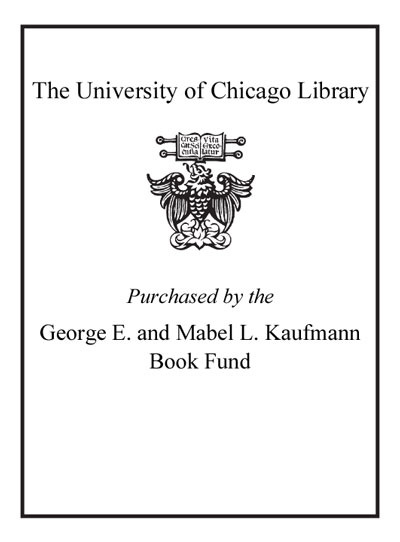Review by Booklist Review
The cofounder of the White Ribbon Campaign to end violence against women writes that it is no longer sufficient for men to be simply supportive of women's rights; they must also actively take part in bringing about real equality. Kaufman argues persuasively that true gender equality will be good for the economy, families, the environment, and perhaps, especially, men themselves. Real manhood is an impossible standard for men to live up to, not to mention being harmful, and it is long past the time to reframe masculinity and fatherhood in a more just and equitable direction. Kaufman focuses on how the power granted by gender inequality puts men over women, some men over other men, and man over nature, thus widening his scope. Kaufman's call to action includes three helpful appendixes offering advice on how to address common criticisms and providing information that will empower readers to persuade others to support gender equality. A timely, informative, thought-provoking, and practical approach to a necessary social reform. Recommended for both men and women.--James Pekoll Copyright 2018 Booklist
From Booklist, Copyright (c) American Library Association. Used with permission.
Review by Publisher's Weekly Review
The cofounder of the White Ribbon Campaign and a member of the Canadian G7 Gender Equality Advisory Council directs a well-constructed argument toward his fellow men (particularly straight, white, middle-class men): that actively working for gender equity at personal, organizational, and societal levels is not only critical for human rights as a whole, but directly beneficial to men and their children. Kaufman (The Guy's Guide to Feminism) begins with some basics: a discussion of privilege and how recognizing it begins by listening to women; a framing of the gendering of the brain as epigenetic and based in how parents teach infants gender stereotypes from birth; and an explanation of how unrealistic ideals of manhood limit men's full expression as human beings. Kaufman's biggest focus is on what he calls "the Dad Shift," an acknowledgement that men are well-suited to be caregivers and that doing so improves outcomes for kids, leads to personal growth for men, challenges the undervaluation of traditional women's work, and models equality for future generations. Kaufman is admirably careful not to take over the work of women and other marginalized people, focusing on educating and motivating his peers. This is a cogent, unusual call to action. Agent: Julia Lord, Julia Lord Literary Management. (Jan.) © Copyright PWxyz, LLC. All rights reserved.
(c) Copyright PWxyz, LLC. All rights reserved
Review by Kirkus Book Review
A longtime gender equality activist and masculinity studies scholar argues that women are not the only victims of patriarchy.Kaufman has written or edited numerous books on gender equality, including The Guy's Guide to Feminism, co-authored with Michael Kimmel. Without denying the obvious privilege that men enjoy in a sexist worlde.g., as a man, Kaufman admits, he doesn't have to worry that his boss will automatically assume he can't go on a work trip because of family demandsKaufman insists that ideals of masculinity present men with a script no one can follow and that "men pay a terrible price for the very ways we define manhood and construct men's lives within societies where we have more power." Therefore, men should take feminism and gender equity seriously: "It turns out that gender equality will mean that our lives as men will be changed for the better, too." In particular, they should embrace caregiving for children, which would be positive for women, who, in a world where everyone was both an involved parent and a good worker, might not be viewed first as mothers by their bosses. Certainly, it would be good for children, who do better if they have involved fathers. Here, Kaufman takes pains to note that these benefits do not mean fathers are "necessarily unique or indispensable," so that his arguments can't be plucked up by those who would denounce single or lesbian mothers. Furthermore, writes the author, engaged fathers say they feel happier and more mature, complete, and secure than less-engaged fathers. More speculatively, Kaufman proposes that, because caregiving fosters empathy, it's possible that men would become less violent. Achieving a co-parenting utopia is, of course, not just a matter of men deciding to read more bedtime stories to their children. Policy changes are crucial, and the author offers a few suggestions, including the introduction of flexible parental leave with "non-transferable daddy days."A rousing vision, though it's hard to see where childless people fit into Kaufman's otherwise inclusive and timely arguments. Copyright Kirkus Reviews, used with permission.
Copyright (c) Kirkus Reviews, used with permission.
Review by Booklist Review
Review by Publisher's Weekly Review
Review by Kirkus Book Review

